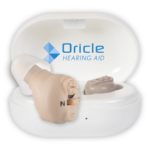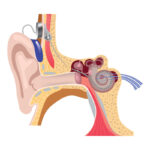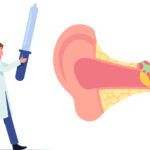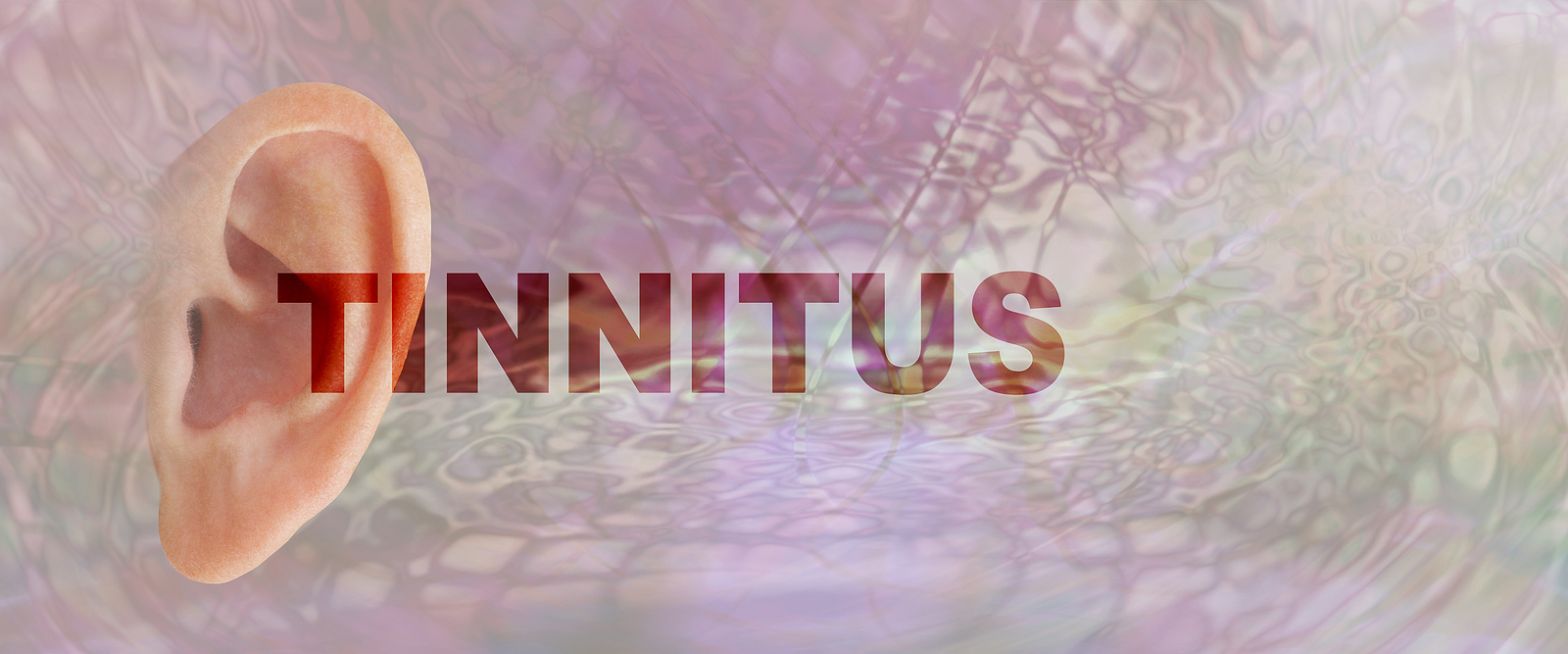Ringing in the Ears? Try These Diets for Tinnitus Relief Treatment
If you suffer from ringing in your ears, you may be looking for ways to relieve the condition. You might also be considering dietary changes as a way to reduce the stress caused by ringing in the ears. The following article outlines some treatment options for tinnitus and will explain how dietary changes can help you. Listed below are some dietary changes that may relieve ringing in your ears and help you overcome the condition.
Dietary changes reduce ringing in the ears and stress
According to a study released in 2020, dietary changes may help reduce ringing in the ears. Researchers surveyed more than 34,000 people in the UK to see if dietary changes could help reduce tinnitus symptoms. They also checked their intake of certain vitamins and minerals, but did not analyze salt and fat levels. The study suggests that fat intake may affect the health of blood vessels, which is crucial for hearing. In addition, poor blood vessel health can increase the risk of heart disease and diabetes, so reducing fat intake may be helpful.
Another study compared dietary changes with a standardized questionnaire about hearing difficulty, and found that dietary changes reduced the frequency and intensity of ringing in the ears in a small subgroup of people. Researchers based their findings on a self-reported measure that is known to be a reliable indicator of hearing difficulty. Almost all UK Biobank participants completed the self-reporting item for hearing difficulties. Therefore, dietary changes can reduce the ringing in the ears significantly.
Tinnitus masking reduces ringing in ears symptoms
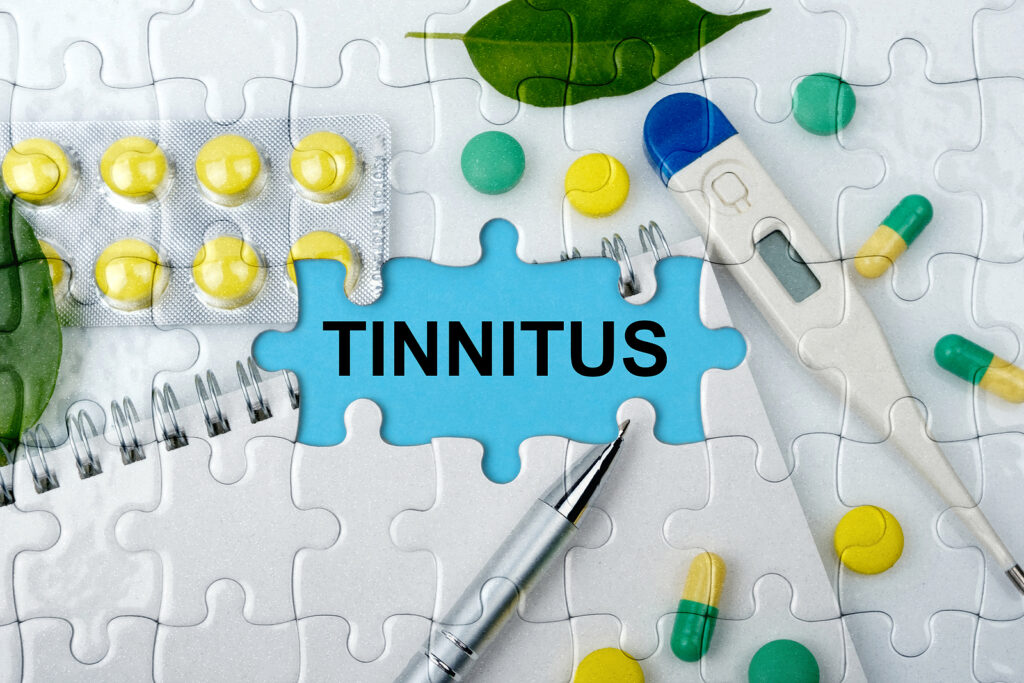
Often, tinnitus masking involves using hearing aids or sound machines to drown out the noise that causes ringing in the ears. This type of treatment reduces symptoms for a period after the masking device is turned off. However, there are some important factors to consider when using hearing aids. You should consult your doctor or a hearing health professional before beginning any type of treatment.
Blood vessels in the inner ear may be the cause of tinnitus. High blood pressure, ear canal blockages, and stiff inner ear bones can cause this type of sound. If the ringing in your ears is accompanied by a high-pitched roaring or clicking sound, you may have blood vessels in the ear that need to be restructured. High-pitched ringing can also be a symptom of certain medications. In such a case, a physician may recommend a hearing aid or a tinnitus masking device.
The American Tinnitus Association estimates that 50 million Americans suffer from tinnitus. Twenty percent of them experience chronic tinnitus. In severe cases, tinnitus can become debilitating. Counseling is an effective way to cope with the condition and to understand what causes it. Tinnitus masking devices include hearing aids that increase background noise and mask tinnitus sounds. Some of these devices are even wearable.
If you are able to get an appropriate fit, tinnitus masking can help you live your life without the constant irritation and frustration caused by ringing in the ears. The sound masking devices help you to focus on things that matter, like work, or hobbies. Wearable devices can be used alongside other tinnitus therapies. These devices can even be used in conjunction with hearing aids.
A new treatment for tinnitus is known as rTMS, which involves placing a small device on the scalp that produces short magnetic pulses. Researchers believe that rTMS can normalize epilepsy brains by suppressing tinnitus. The NIDCD is funding the preliminary trials of this treatment to help them determine which areas in the brain respond best to rTMS.
A tabletop sound generator can also help you to deal with tinnitus symptoms. They can help you sleep and can help you focus on things other than ringing. White noise is often used as a masking device for tinnitus. Some tinnitus masking devices are battery-powered and can be placed behind the ear, while others are designed to be worn on the body.
A doctor's diagnosis is critical. In addition to addressing the underlying cause of the tinnitus, a physician will use a stethoscope to detect it. Tinnitus can also be caused by a number of structural or vascular issues in the head or ears. It can also be a sign of hearing loss. In some cases, hearing aids may be used to mask the ringing in the ears.
Treatment options for tinnitus
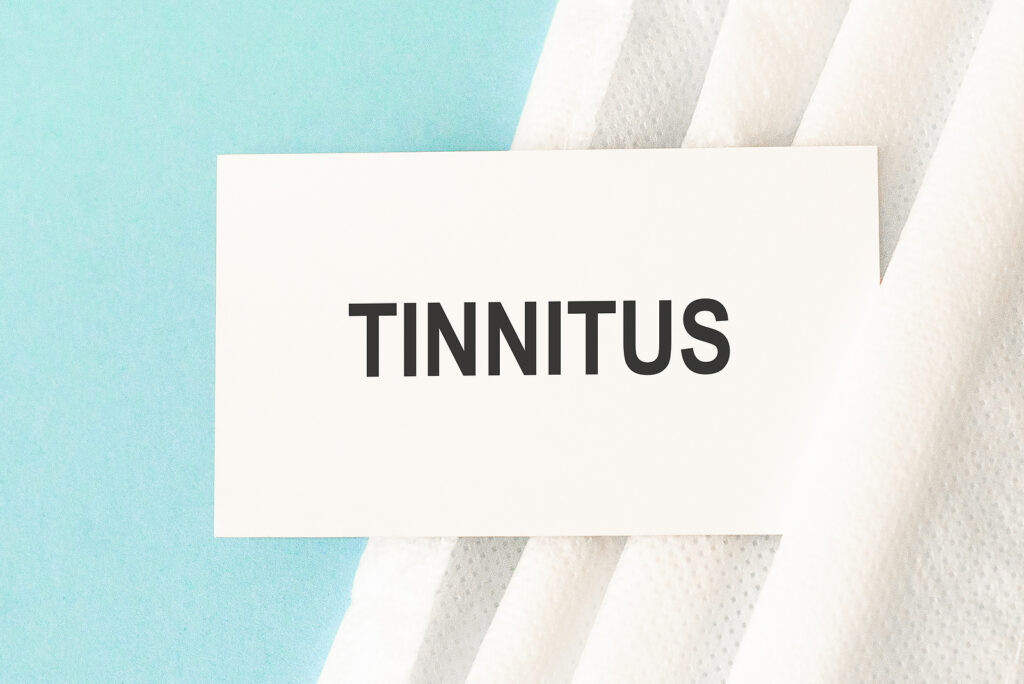
Among the treatment options for ringing in the ears is the use of biofeedback, which involves the use of a small, hair-thin metal needle to detect the brain's response to sounds. The resulting feedback can be used to help manage tinnitus-related stress, and it may also help patients learn to control their own psychological responses to the ringing. Cognitive behavioral therapy involves learning coping strategies and relaxation techniques to manage the symptoms associated with tinnitus.
Although tinnitus is annoying, it is not a serious medical condition and can often be masked by other causes. The main cause of tinnitus is damaged hair cells in the auditory system, which change the signals sent to the brain and produce a noise that the person only hears. Damage to hair cells can occur naturally with age, exposure to loud noise, or as a result of an injury.
Psychotherapy is a powerful tool for dealing with tinnitus and improving your quality of life. Cognitive behavioral therapy teaches you to change negative thoughts about tinnitus and become more optimistic about the condition. It was originally developed to treat depression and other psychological conditions, but it seems to be equally effective when it comes to treating tinnitus. It has been shown to reduce the frequency and annoyance of the ringing in the ears.
While there is no cure for tinnitus, treatment methods can be effective in reducing its severity and improving the quality of life. Patients suffering from ringing in the ears should consult with a qualified physician to rule out any underlying conditions and discuss treatment options with them. A health professional can also recommend a hearing aid if the symptoms interfere with their ability to hear. If you're experiencing hearing loss due to your condition, an audiologist will help you choose the appropriate hearing aid for your specific condition.
While specific medications are not effective for treating tinnitus, some studies suggest that certain types of medications, like antidepressants, can help. Other treatment methods can help reduce tinnitus stress through a more subtle approach. One option involves using a sound-masking device, which creates pleasant outside noise. Traditional sound machines are tabletop devices. Newer models involve small electronic devices that fit into the ear. These devices play pink noise, white noise, and other ambient sounds, depending on the user's preference. Some people prefer a low-level noise while others prefer a masking tone.
The best treatment options for ringing in the ears are noise-canceling headphones, cognitive behavioral therapy, and background music. Tinnitus, which can be high or low, is a symptom of stress. It is most common among people who have trouble hearing, and its frequency increases with age. It is a very common disorder, but it can be treatable if you can find a solution.
Sources:
- American Tinnitus Association. (n.d.). Understanding the Facts. Retrieved from https://www.ata.org/understanding-facts.
- American Speech-Language-Hearing Association. (n.d.). Tinnitus. Retrieved from https://www.asha.org/public/hearing/tinnitus/.
- Mayo Clinic. (2021, March 26). Tinnitus. Retrieved from https://www.mayoclinic.org/diseases-conditions/tinnitus/diagnosis-treatment/drc-20350162.
- National Institute on Deafness and Other Communication Disorders. (2021, January). Tinnitus. Retrieved from https://www.nidcd.nih.gov/health/tinnitus.


